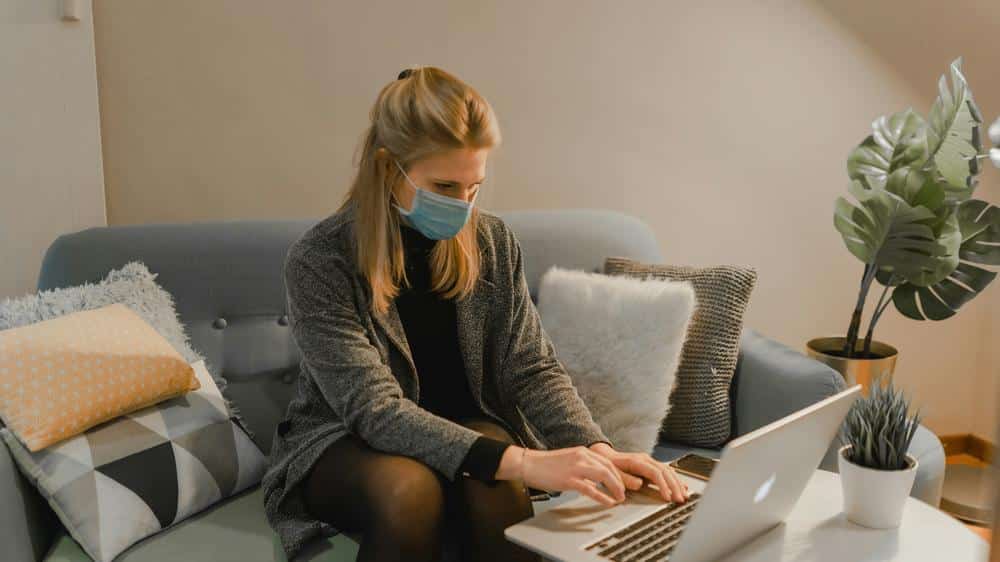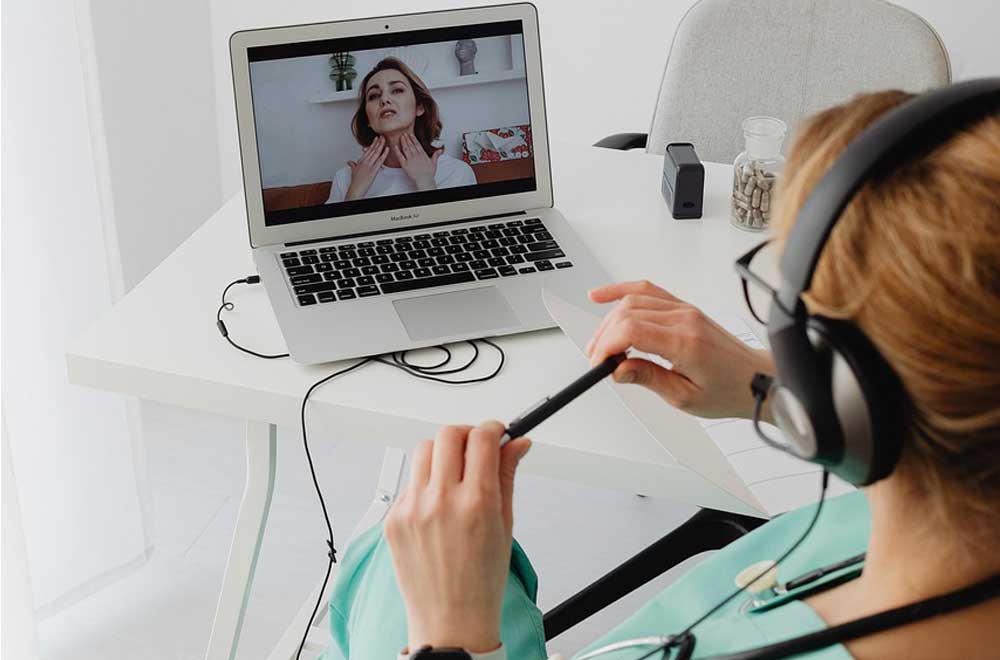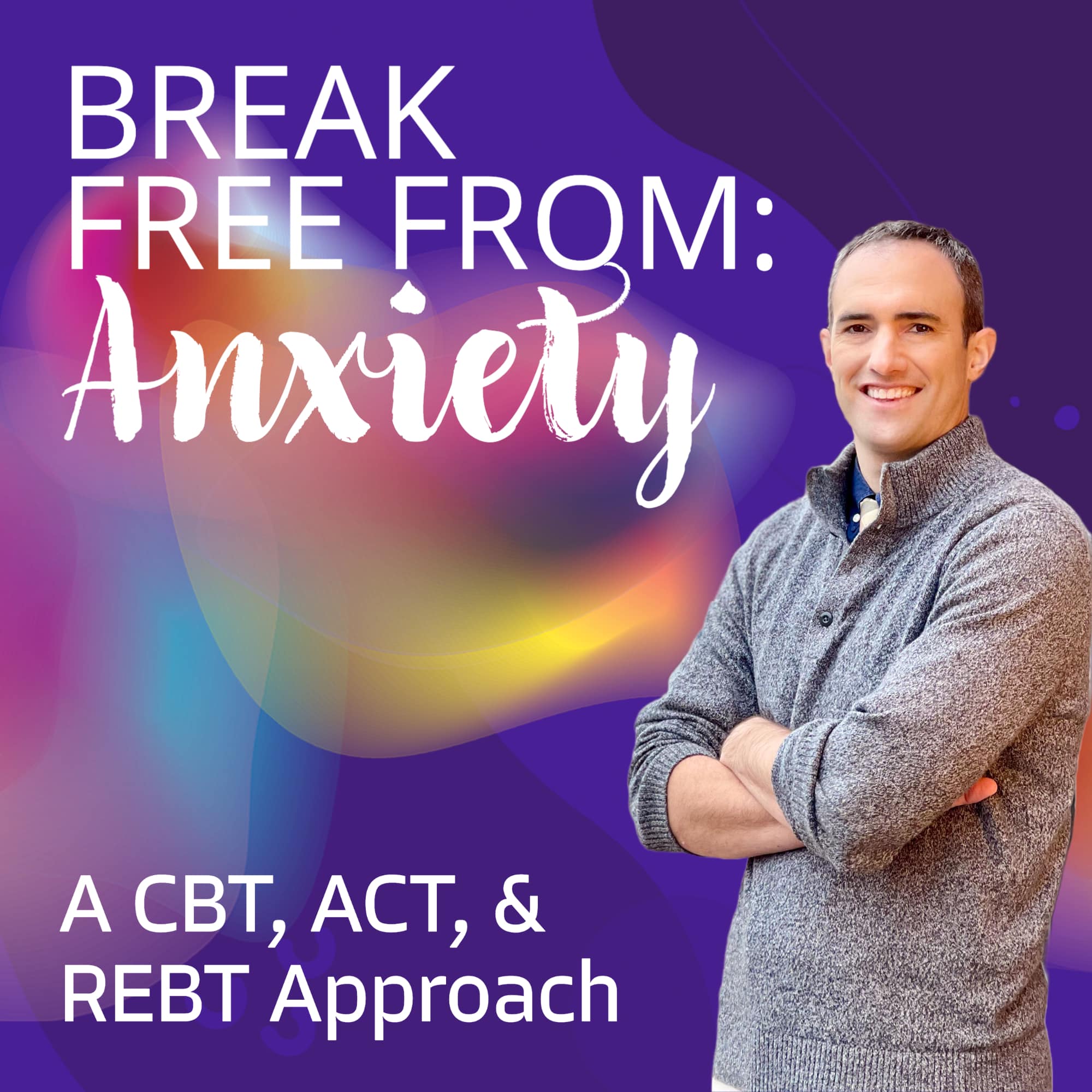Your first psychiatric consultation is an important step toward mental health support. It may feel intimidating at first, but understanding the process can ease anxiety. The session focuses on listening, building trust, and gathering a full picture of your current symptoms, life context, and medical history.
KEY TAKEAWAYS
- The first session is a comprehensive evaluation lasting up to 60 minutes and focuses on symptoms, life impact, history, and safety.
- Preparation helps: write down symptoms, questions, and bring medical records or a support person if needed.
- A diagnosis may or may not be made immediately—what matters is collaborative understanding and planning.
- Telepsychiatry ensures quality care with added convenience, especially for remote or mobility-limited patients.

The first appointment with a psychologist can be a challenging first step, and many people feel anxious or uncertain about it. Uncertainty about what will happen during the consultation with the psychiatrist can cause initial resistance, which, if maintained, can unnecessarily prolong appropriate treatment.
Therefore, we will help you understand what that first meeting is like and what aspects are addressed in a consultation, so that we can help you reduce tension and promote a positive experience.
The importance of first contact

The start of the therapeutic relationship is key. Dr. Bassi, medical director and founder of TelepsychHealth, emphasizes that it is normal to feel nervous when going to a consultation: “We understand that going to a psychiatrist, having this type of conversation, is not a normal social conversation. You are already struggling with something, you are going to see someone who is a new person, and it may be a moment of anxiety.”
Recognizing anxiety is the first step in building a safe space. Therefore, the initial session seeks to allow the patient to speak freely about what is troubling them, how it started, and how it is affecting their daily life.
The specialist listens to both the problem and the positive aspects that are still present in the patient’s life, because both influence recovery.
Aspects explored in the first session

During your first appointment, the doctor will gather information from different areas:
- Current symptoms. They will ask what is happening, since when, how it has evolved, and how severely it interferes with your life.
- Impact on daily life. They will ask about the effect on work, studies, relationships, and enjoyment of life.
- Social and family context. It is essential to understand your support network and family dynamics. They will also explore whether there is a history of mental health issues in your family.
- Medical history. As doctors, psychiatrists review previous illnesses, surgeries, allergies, and possible related physical conditions. They may even recommend laboratory tests to rule out medical causes for your symptoms.
- Personal history. This includes early experiences, school years, relationships, and possible episodes of adversity or trauma, along with positive aspects that serve as emotional support.
- Safety. Thoughts or behaviors that put the patient at risk are assessed, and ways to reinforce protection are discussed.
Duration and dynamics of the consultation

The first appointment usually lasts longer than a general medical visit. At TelepsychHealth, for example, an initial assessment can take up to 60 minutes. This is due to the need to gather comprehensive information.
“Seeing a psychiatrist for the first time can be a bit intimidating because the appointments are generally quite long.” says Dr. Bassi.
This time allows the psychiatrist to learn not only about the symptoms, but also about the patient’s life history, previous treatments, and expectations.
Towards the end of the first consultation, the psychiatrist shares an “initial formulation” with the patient. This is a first assessment of what the psychiatrist considers to be happening with the patient, what factors precipitated it, and what is maintaining it.
Dr. Bassi explains: “As an initial formulation, it takes into account the medical side of things, your social circumstances, your life situation, as well as a psychological formulation.”
This analysis does not always imply an immediate diagnosis of mental illness. Sometimes the conclusion is that the patient is going through a difficult period, without this constituting a disorder. In other cases, a diagnostic hypothesis is quickly reached that serves to guide the therapeutic plan.
The role of preparation

It is recommended that patients also play an active role during the session and arrive prepared for the consultation. This helps to make the session more productive.
Here are some recommendations:
- Make a list of symptoms, when they began, and how they have changed.
- Gather notes, previous medical reports, or letters from other professionals.
- Write down any questions you want answered, such as appointment frequency, confidentiality of information, or next steps.
- Bring a trusted companion, if desired, to provide support and additional observations.
A very common practice in recent years is for patients to present their online research. While not all information is reliable, it is very helpful to share any concerns in order to provide better guidance and advice.
Diagnosis and expectations

As mentioned, a diagnosis may be made during the first session, although this is not always the case. Some people feel relieved to learn that they do not meet the criteria for a specific disorder, while others may be confused if they were expecting a specific diagnosis. In either situation, it is essential to keep an open mind and clearly express your expectations or concerns.
If a diagnosis is made, treatment options are discussed. These may include psychological therapy, lifestyle adjustments, and, in some cases, medication. The doctor explains the benefits and possible side effects and listens to the patient’s preferences before making joint decisions.
Benefits of this process
This comprehensive approach offers several benefits:
- Reduced anxiety. Knowing what to expect at the first appointment reduces uncertainty.
- Trusting relationship. Listening to both problems and resources strengthens the therapeutic alliance.
- Personalization. Comprehensive information gathering allows for the design of a tailored treatment plan.
- Greater adherence. When patients participate in decision-making, they are more likely to follow recommendations.
- Risk prevention. Reviewing medical history and conducting safety assessments are critical steps in avoiding complications.
Practical advice for patients
If you are about to attend your first psychiatric consultation, these points may help you:
- Make notes about your symptoms and recent changes.
- Prepare a list of questions so you don’t forget them during the appointment.
- Consider bringing someone with you.
- Gather previous medical reports or prescriptions.
- Keep an open mind, even if you don’t receive an immediate diagnosis.
The role of telepsychiatry
Online care has removed barriers to access, allowing people to access the best care regardless of where they are. This is an option that saves time and, in many cases, is more affordable without compromising the quality of service.
For patients in rural areas or with mobility issues, telepsychiatry represents an opportunity to receive specialized care without having to travel. The same evaluation and formulation process occurs virtually, ensuring the same clinical rigor.
Final words
The first appointment with a psychiatrist is a space to be heard, understood, and guided. It is not an interrogation, but rather a collaborative meeting in which you begin to build a path to recovery together.
Knowing the steps of the initial evaluation and preparing relevant information allows you to make the most of that time. As Dr. Bruce Bassi, Medical Director and Founder of TelepsychHealth, emphasizes, the goal is clear: to help understand what is happening, explore treatment options, and accompany the patient in the search for well-being.







